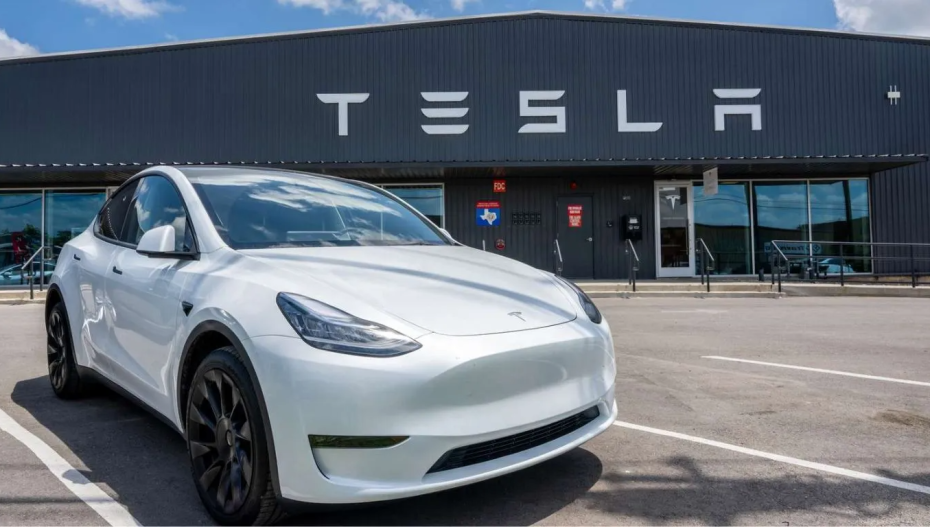India’s industry secretary, Rajesh Kumar Singh, has stated that Tesla Inc. now has the opportunity to lay out its investment plans for India, following the government’s decision to reduce import duties on electric vehicles (EVs). This comes after the industry department’s recent unveiling of a comprehensive policy aimed at boosting EV manufacturing in the world’s most populous nation.
Singh, who is the secretary of the department for the promotion of industry and internal trade, mentioned in a recent interview that it is now up to Elon Musk’s carmaker to announce their manufacturing plans. He assured that the government will assist Tesla by providing contacts at the state level.
This development comes on the heels of Vietnamese automaker VinFast’s announcement of breaking ground on an EV manufacturing facility in Tamil Nadu, a southern state of India. Tesla is reportedly planning to scout for locations in India this month for a proposed $2 billion to $3 billion electric car plant, according to the Financial Times.
Tesla has been advocating for a reduction in import taxes for years before committing to any significant investment in one of the world’s largest automobile markets. To qualify for tax concessions, companies are required to invest at least 41.5 billion rupees ($500 million) and commence local EV production within three years, as per the Indian government’s directive in March.
Singh expressed optimism that the new policy would stimulate the growth of EVs in India. He anticipates that the penetration of four-wheeler electric vehicles will reach at least 10% by 2030. “If we have these manufacturing units operational, along with the rising battery infrastructure, it should be closer to 15% by 2030, after which it will just snowball,” he said.
Bloomberg NEF estimates suggest that around 96,000 passenger EVs were sold in India in 2023, nearly double the previous year and this figure could increase by another 40% in 2024. However, India’s electric passenger vehicle market has largely been dominated by electric scooters due to their affordability. The country also faces challenges in terms of EV charging infrastructure and the available EVs are primarily expensive.
Also Read: Congress MP Accused of Sexist Remarks, BJP Responds












